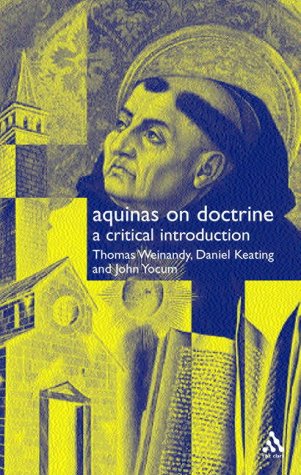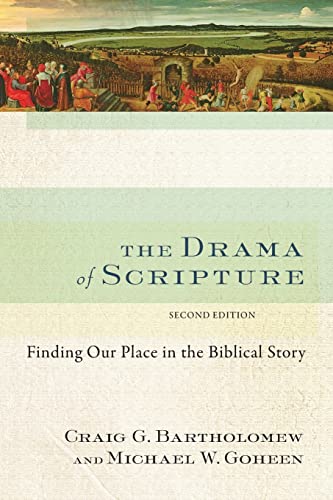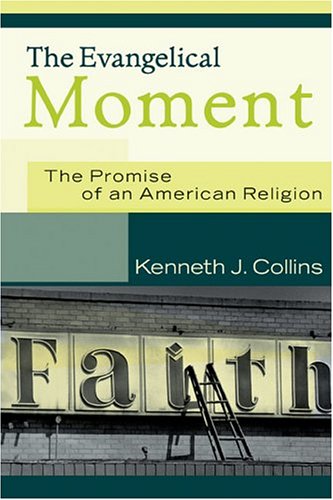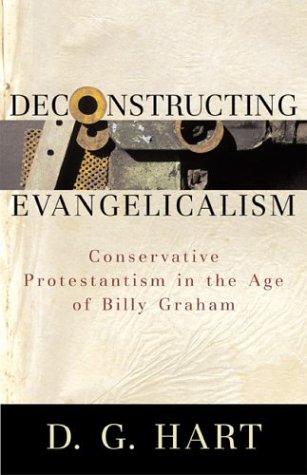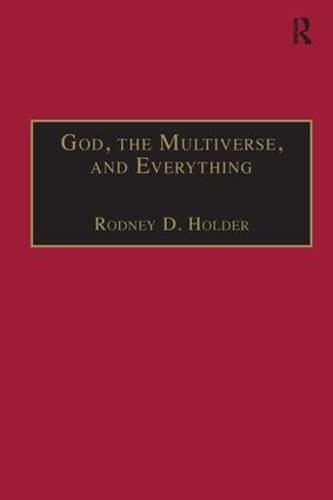I AM THE LORD YOUR GOD: CHRISTIAN REFLECTIONS ON THE TEN COMMANDMENTS
Written by Carl E. Braaten and Christopher R. Seitz (eds) Reviewed By David G. FirthThis collection of essays represents papers that were originally read at a series of conferences on the place of the Ten Commandments in modern society. Although a range of theological positions are represented, the papers themselves are unified in their concern to demonstrate the abiding significance of the Commandments, even within secular society. The different ways in which various Christian traditions have appropriated the commandments is also addressed. These papers are explicitly Christian in their standpoint in that they link the Commandments to the gospel and contemporary Christian witness and ethics. The relationship between Law and Gospel has long been an important point of debate among Christians and the contributors express themselves differently on this point, but this is variety that operates within a Christian framework. The importance of this framework is clear in that a decision to include Jewish contributors would have created a very different book, one that was less able to offer a critique of Christian practice in the modern world.
The book is divided into four unequal sections. The first sets the context in which the commandments are to be interpreted as words that continue to address post-modern society, but which do so through a range of approaches to the Law-Gospel debate. The second and third sections then offer reflections on the various commandments which are divided into the classic ‘tow table’ scheme, with one section for each table. The validity of this division is perhaps open to question, but little is made of it. Within these sections, most commandments receive one essay, though two address the prohibitions of killing and false testimony. Curiously, the command to honour one’s parents does not receive any direct treatment, though it is mentioned in relation to some of the others. Still, the omission is curious, especially it one takes seriously the ‘two table’ form since it heads the second table. A closing section then addresses issues related to how the commandments are to be kept. There is a range of methodologies across each section, reflecting the fact that the contributors work from different perspectives, whether from biblical studies, systematic theology or ethics. Each contributor’s reflections work within their own discipline. This has the benefit of increasing diversity, but the trade-off is that one cannot approach each chapter in advance with an idea of what one will find unless one is already familiar with some of the other work of each contributor.
As with any collection of essays, there are some papers that stand out more than others. For this reviewer, Markus Bockmuehl’s contribution on keeping Sabbath was a highlight, and Bernd Wannenwetsch’s essay on the prohibition of killing was also particularly stimulating. Others may respond differently, but if this book succeeds in its goal of stimulating further reflection on the meaning and abiding significance of the commandments, then it will have achieved something that is worthwhile indeed. Since all of the papers contribute to this goal, this is a volume well worth adding to one’s shelves.
David G. Firth
David G. Firth
St John’s College
Nottingham, Nottinghamshire, UK



